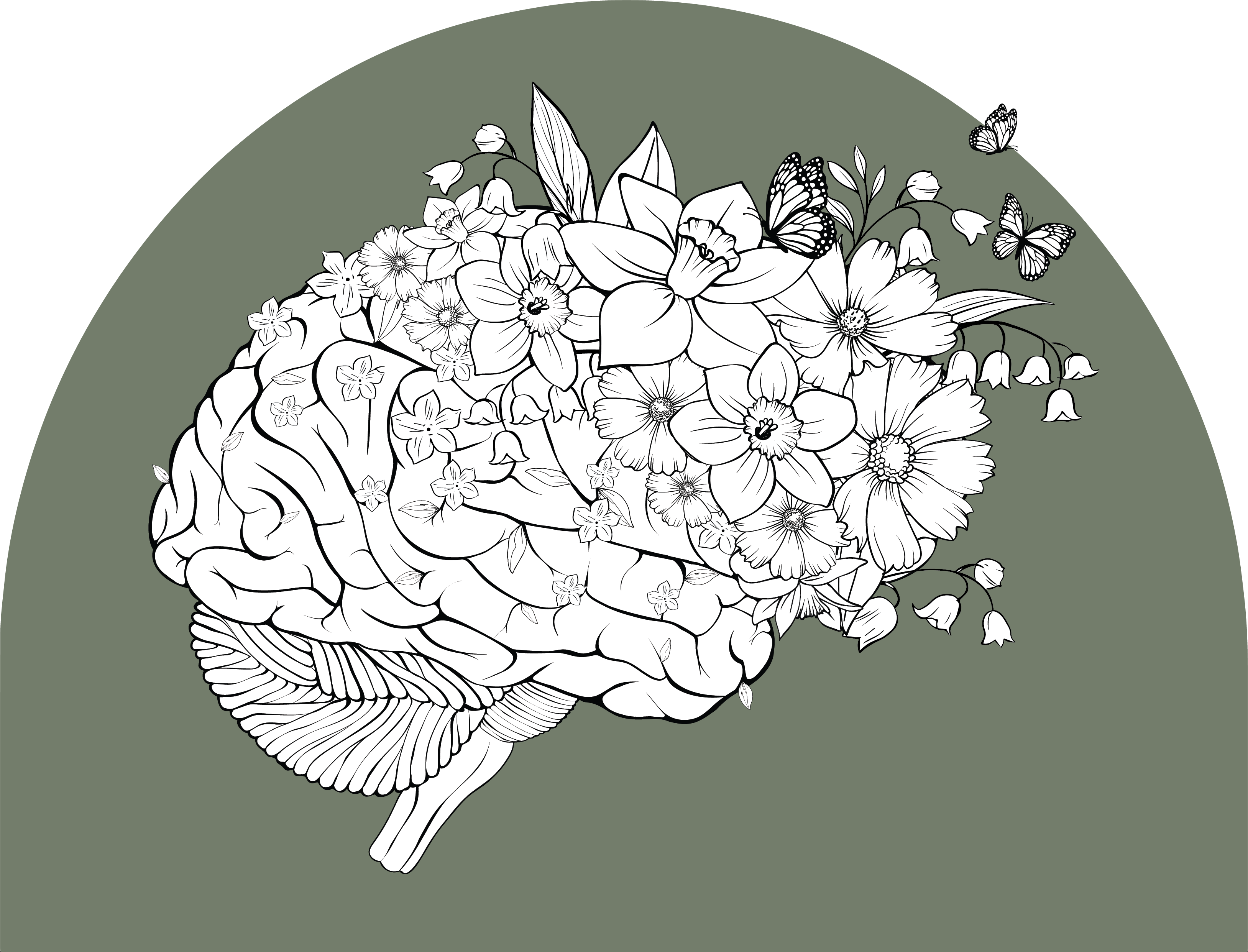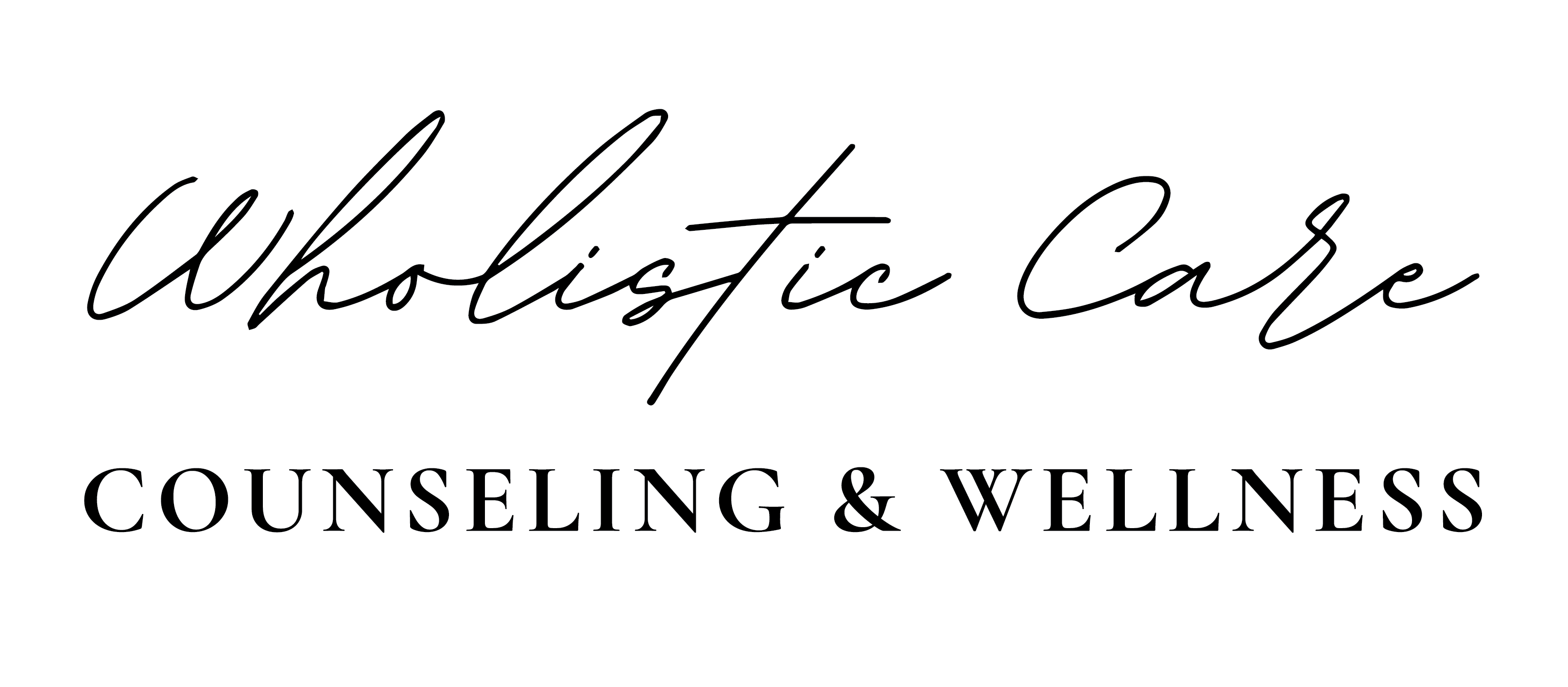Are you feeling stuck in your career? Do you find yourself struggling to meet your professional goals? If so, you're not alone. Many individuals experience challenges in their careers that can impact their overall performance and satisfaction. However, seeking help from a therapist can be a valuable resource in overcoming these obstacles and achieving success in your career.
In today's competitive work environment, achieving success in your career requires more than just technical skills and experience. It also requires a strong understanding of yourself, your goals, and how to navigate the challenges that come your way. This is where therapy can play a crucial role.

How Can a Therapist Help Me in My Career Performance?
Understanding Your Career Goals
One of the first steps in improving your career performance with therapy is gaining clarity on your career goals. This involves identifying your aspirations, evaluating your strengths and weaknesses, and determining the steps needed to reach your objectives.
Addressing Mental Blocks
Mental blocks such as self-doubt, fear of failure, and work-related stress can significantly impact your ability to perform well in your career. Therapy provides a safe space to explore these feelings and develop coping strategies to overcome them.
Improving Communication Skills
Effective communication is essential in any professional setting. Therapy can help you enhance your interpersonal skills, become more assertive in your interactions, and communicate more confidently with colleagues and superiors.
Building Confidence
Confidence is key to success in your career. Therapy can teach you techniques to boost your self-confidence, overcome imposter syndrome, and believe in your abilities to achieve your goals.
Setting Clear Boundaries
Maintaining a healthy work-life balance is essential for long-term career success. Therapy can assist you in setting clear boundaries, learning to prioritize your time, and saying no when necessary to avoid burnout.
Managing Work Relationships
Navigating relationships with colleagues and superiors can be challenging. Therapy can help you resolve conflicts, build rapport with others, and create a supportive network in the workplace.
Developing Leadership Skills
Whether you're a manager or aspiring to be one, leadership skills are crucial for career advancement. Therapy can assist you in cultivating leadership qualities, making effective decisions, and solving problems creatively.
Creating a Career Development Plan
A solid career development plan is essential for reaching your professional goals. Therapy can help you set achievable objectives, identify opportunities for growth, and continually improve your skills and knowledge.
Overcoming Career Transitions
Career transitions such as job loss or changes in responsibilities can be daunting. Therapy can provide you with the support and motivation needed to navigate these transitions successfully and find fulfillment in your career.
Seeking Professional Guidance
Choosing to seek therapy for career enhancement is a significant decision. It's essential to find a therapist who specializes in career counseling and understands your unique needs and challenges.
The Therapist's Role in Career Counseling
A therapist specializing in career counseling can provide you with personalized support and guidance tailored to your specific goals and circumstances. They can help you explore your career options, overcome obstacles, and create a roadmap for success.

Conclusion
In conclusion, therapy can be a valuable tool in enhancing your career performance and achieving success in your professional endeavors. By addressing mental blocks, improving communication skills, building confidence, and seeking professional guidance, you can overcome obstacles and reach your full potential in your career.





